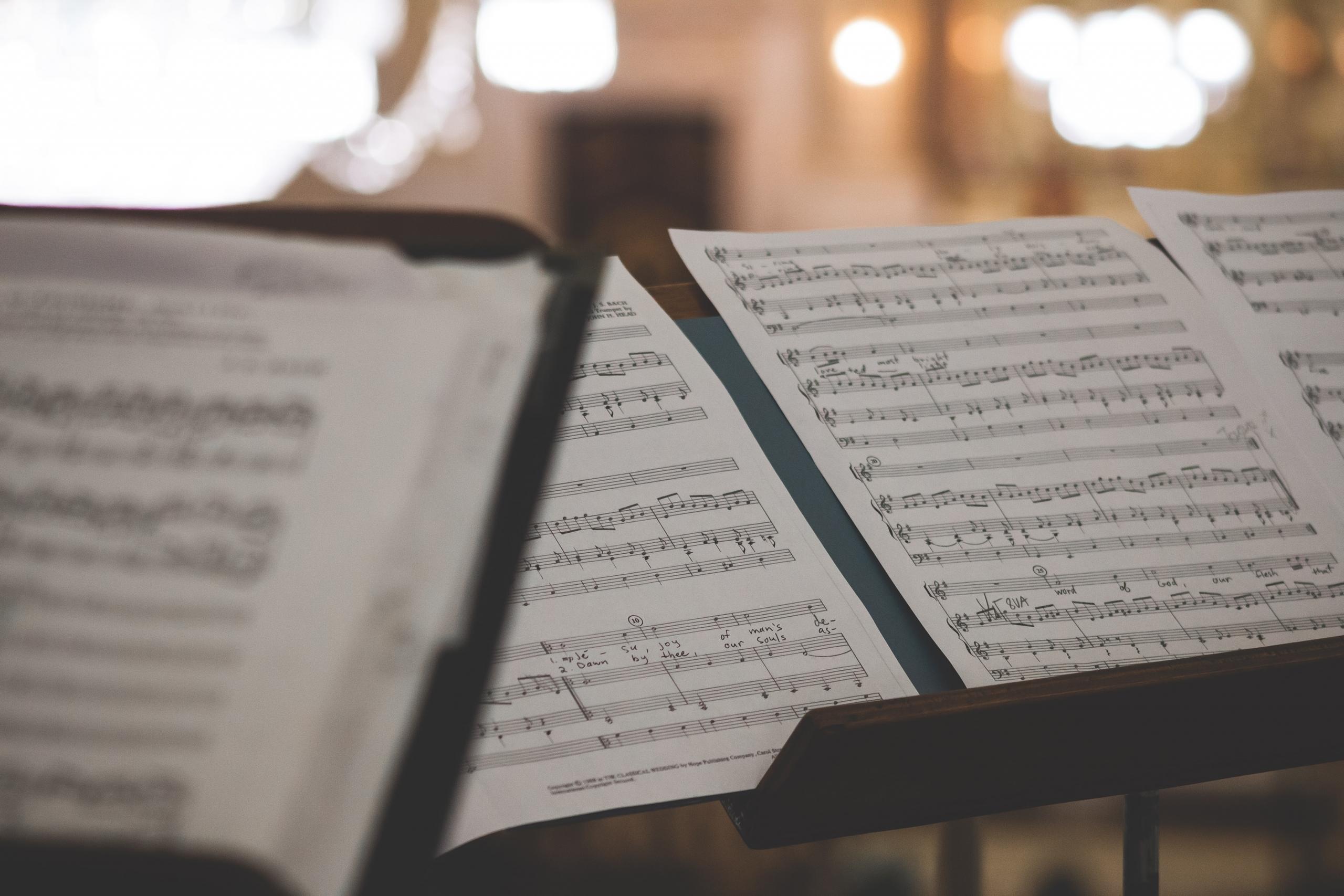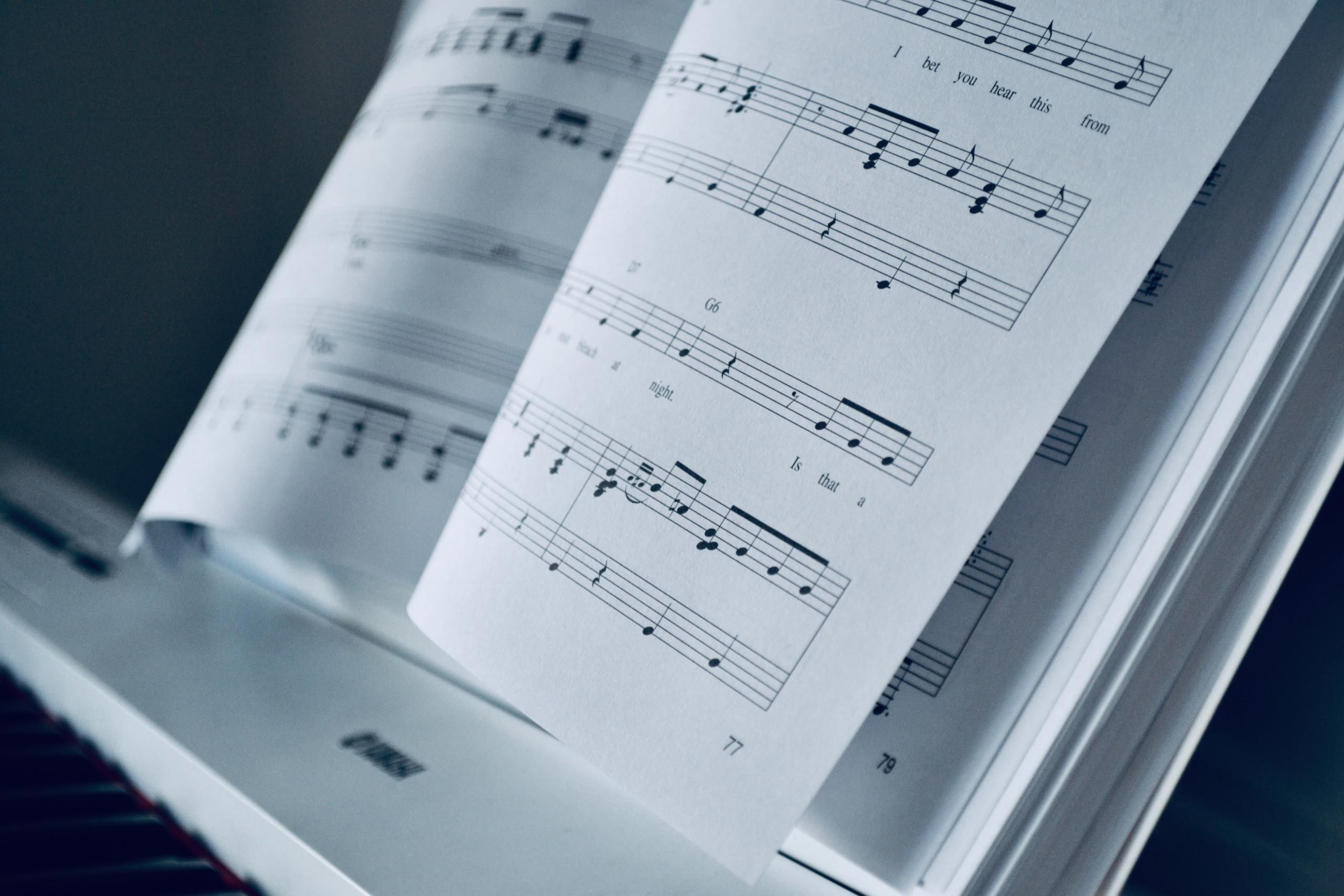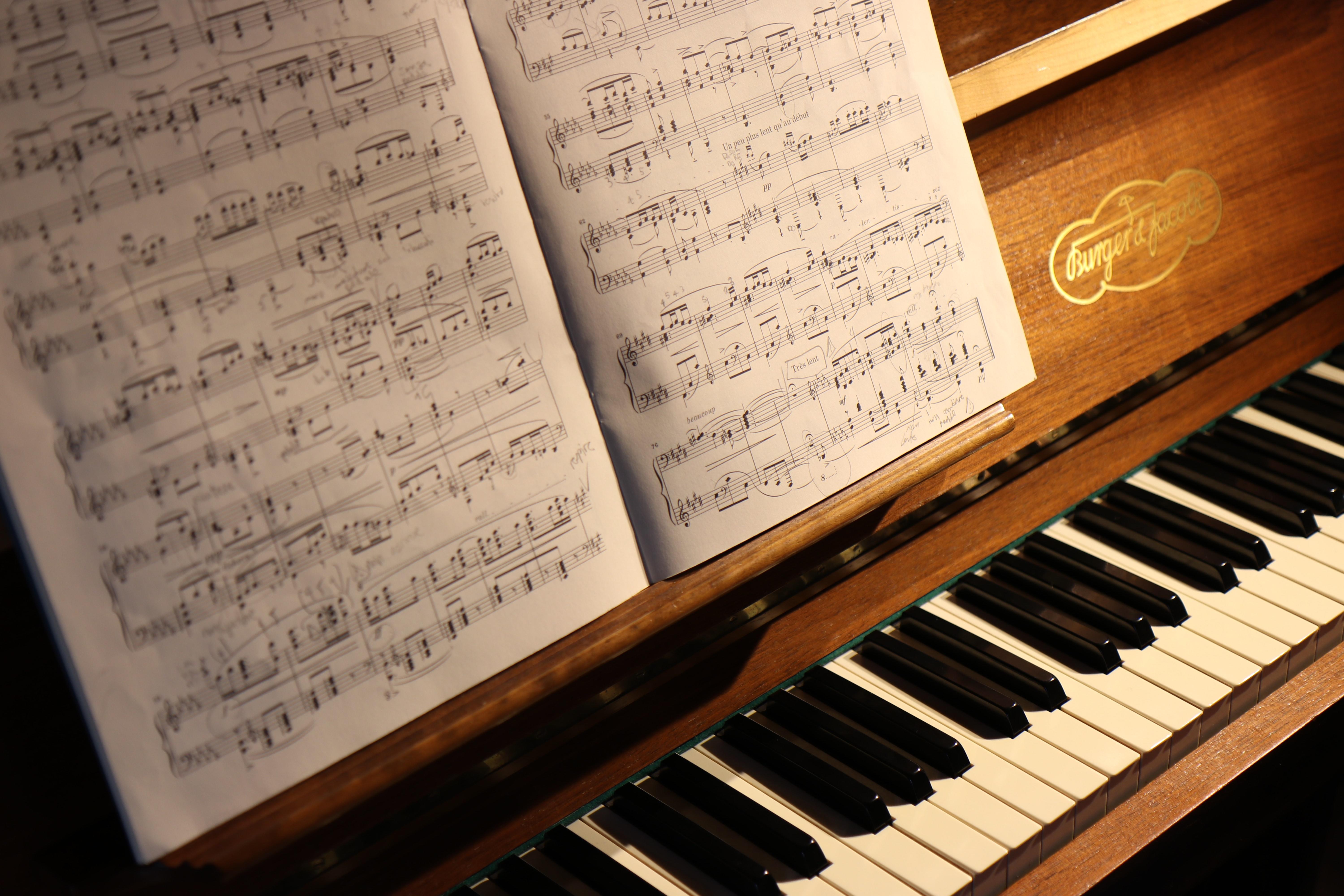My theory. Music can fix anything. Anything.
Asa Butterfield
Did you know learning how to play the piano properly entails learning musical theory as well?
If you are yawning at the idea of sitting through a music theory class, we don't blame you.
You, like many, may have decided to pursue music in the first place due to the fact that piano lessons meant practical components above theoretical components. But imagine sitting down and starting to play a song on the piano when you don't know how to read sheet music?
While you may think improvising as you tinkle the piano keys is best, you also need to have a fair amount of knowledge about how to play if a sheet of music is given to you.
But, does learning music theory mean that you will have to take far more piano classes than you initially thought?
There is no "one shoe fits all" answer here.
The number of piano lessons you will need in order to grasp both the theoretical knowledge and the practical aspects of playing the piano will depend entirely on you. Inevitably, the process of learning theory and how to play the piano would be faster if you choose to learn with the guidance of a personal piano tutor or teacher.
However, don't rush! Proceed as quickly or as slowly as you feel comfortable.
Let's take a look at what piano music theory entails and how to read music notes if you are a beginner musician.

Piano Music Theory and Why Should You Care about Music Theory?
I took music theory in high school and dropped out halfway through the semester because it was ruining music for me.
Blake Judd
Don't let music theory class ruin music for you!
Know from the onset what musical theory is all about and why you should care about it. When you start taking music theory lessons, commonly called music notation, you will learn all about the system which musicians use to learn music.
Included in these theory classes are all the aspects that you need to consider when playing an instrument, such as rhythm, tempo, and more.
However, there is more to musical theory; it entails understanding all the musical characters and symbols as seen on sheet music.
Musical theory is of utmost importance because it includes learning all about how to communicate in the world of music.
You need to understand music well in order to be able to create music!
You have to get to grips with the fundamentals of music before you do attempt to play an instrument. From harmony to rhythm and melody, everything is important when you play the piano.
If you want to produce a pleasing sound while you are playing the piano consider consonant harmony. Consonant harmony is when all the chords have intervals that tend to play together nicely.
Have you ever thought about whether your instrument was producing the right pitch or not?
Pitch refers to the audio vibrations produced by an instrument. The pitch produced by an instrument is something that should always be taken into consideration.

Let's deviate slightly from the musical jargon and consider why it is important for you to know about musical theory before you learn to play the piano.
Truth be told, you cannot do a complex mathematical problem if you do not know some math basics first. In the same way, you cannot play the piano should you not be equipped with the tools that you need to play well. Music theory is inevitably a way to improve your skills in music and gain a far deeper appreciation for music as a form of art.
In order for musical instruments to make sense to you as a musician, you need to have a solid understanding of musical theory.
Piano Theory
The piano is a divinely inspired instrument, a mirror held to its player's soul that captures the light and shadow of the performer and reflects them back to the listener.
David Lanz
All the great pianists advocate that knowing piano theory makes you a great piano player. Starting with piano theory and then learning how to play the actual instrument can mean a far quicker journey to learn to play the piano.
If you have even some basic knowledge of piano theory, you will know how to analyse a musical piece that you are reading in its component parts. Musical theory acts like GPS, enabling you to navigate your way around playing the piano on a song to song basis.
If you understand exactly what lies behind the song that you wish to play, you can make it magical on your acoustic instrument.
Much of what you ought to pursue in your theory lessons includes learning all about the notes that you are going to play. Once you learn how to play notes on the piano in terms of scales, chords and melody, musical theory lessons will teach you about timber, articulation and expression.
What good is having perfect harmony without knowing how to read music?

If you already know how to play songs like, "1000 miles" learning musical theory may seem like a bit of a fiddle. However, piano classes that teach musical theory are not reserved for beginner piano players only.
Brushing up on musical theory may enable you to play better and sound better when you play. While piano theory may not be everyone's cup of tea, it's worth giving it a try.
Hitting all the right keys could be just a few piano theory lessons away.
You may be inspired to take music theory lessons by one of the Superprof piano tutors who devote their free time to teaching beginners and intermediate piano players how to play the instrument that they love. You can also take these classes as an adult, so reach out to a teacher now.
Piano Notation for Beginners
If you want to make beautiful music, you must play the black and white keys together.
Richard Nixon
Are you keen about advancing your musical knowledge and bettering your ability to play the piano?
Were you aware that the piano's sound changes if a musical note has an accent on it. Accents, as well as curved lines that you will notice once you familiarise yourself with sheet music, impact the way sounds relate to each other and how they are produced. When reading sheet music, you will need to pay attention to the staccato (which is a dot written above or below a note making it brief in duration).
You will also stumble across the tie when reading your music sheet. The tie is a curved line that tends to join notes that have the same pitch. If you are struggling to wrap your tongue around words like Sforzando and Marcato, rope in an experienced piano teacher to help you. Having a guiding figure to shed light on piano notation seriously helps and enables you to understand music theory much faster.
You can't deny the value that tips, pointers and resources can have when you are trying to grasp piano notation.

Music Notes for Piano
As a musician on the road to musical success, you must remember the secret to progressing in the musical world requires a few steps.
For one, you must be able to read sheet music and identify musical notes.
You need to understand the function of each musical note and how different notes should sound when you are playing the keys of the piano.
Musical notes enable you to understand how a song is structured and once you know this, you will have come to grips with the essence of musical theory.
To shine in a group piano class, knowing how to read musical notes is important, especially if you are playing in unison with others. Always remember, music is the answer when words are inadequate, so play well.
Where words fail, music speaks.
H.C Andersen
Summarise with AI















